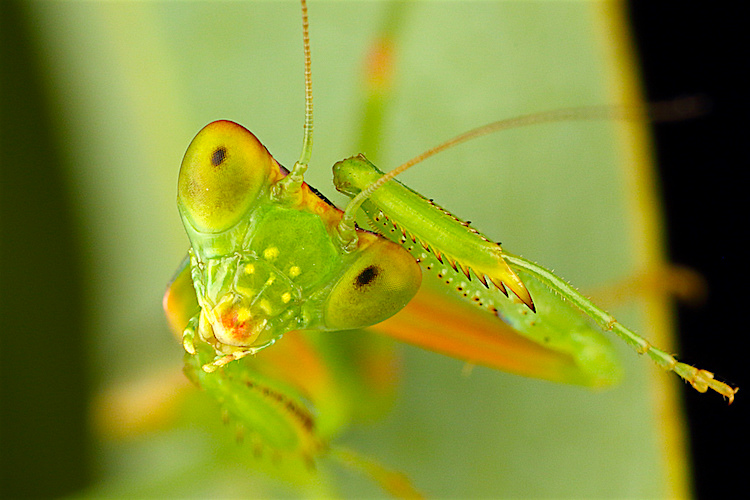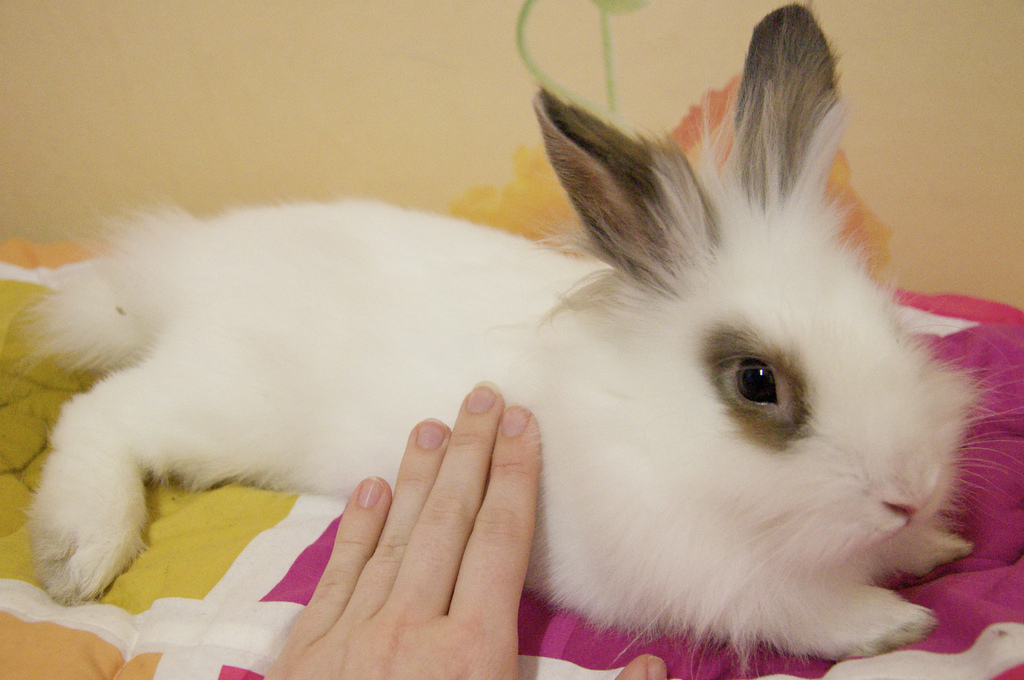How to Care for Pet Doves
Cooing and canoodling are all in a day’s work for doves, beautiful and peaceful birds that make wonderful pets.

Gentle and peaceful birds, doves can be soothing pets to handle and enjoy. Although there are over 300 species of doves, they are scientifically no different than the pigeon (just smaller in size). Doves live an average of 12 to 20 years, but can live longer. Here’s how to care for pet doves.

Don’t leave your pet’s safety to chance
Sign up for Petful recall alerts today.

Feed & Seed
Seed eaters, doves can eat commercial bird seed mixes designed for finches, cockatiels and wild bird mixes. Ideal treats that can be given in moderation are leafy vegetables, broccoli, chopped apples, hard-boiled eggs, cooked rice and mealworms. Supply clean water, grit and gravel daily.
Try to provide the same amount of feed each day to avoid overeating. You can add cod liver oil to the seed once per week as a vitamin supplement. Make sure to locate the feed and water dishes away from branches, swings or stands so that droppings will not contaminate the containers.
The Birdcage
Doves should have a minimum of 10 square feet for each pair of birds and more space for larger birds. If you give the doves a flight cage, they can get exercise without having to leave the cage. When choosing a cage, use or purchase one with welded 1/2-inch wire; chicken or avian wire is usually too thin and bends easily.
If the bottom of the cage is wired, consider covering at least half of it. The cage should be in a draft-free area out of direct sunlight. The birds are most comfortable with humidity between 50 and 70%. The water should be cleaned and replaced daily and the entire cage once per week.
Doves can be housed with other bird species when kept in a roomy aviary. As with any other animal, always observe the new additions with your pet until you feel comfortable there is no threat. Some species of doves can be aggressive and territorial, which is possible with other birds as well.
Illness
Veterinarians suggest that at the first sign of illness, you should place the bird under a heat source with a 40-watt bulb and quarantine it from other birds until you can bring it into the vet. Signs of illness may include:
- Closed eyes
- Fluffed feathers
- Watery or green droppings
- Change in eating or drinking habits
- Inactivity/lethargy
- Trouble with balance
- Protruding breast bone
Sometimes there are no recognizable symptoms but the bird just looks or seems ill. Quarantine the bird and make an appointment with your avian vet to be safe.
Fun Facts
- A turtle dove has a ring around its neck.
- Doves have been kept for thousands of years for pets, food and sending messages.
- Doves mate for life and will only choose another if their mate dies. In dove love, “making out” is called “billing,” and can be quite feisty!

- Each species has a unique coo, and some have been known to sing.

Check the local laws to ensure you can keep them as pets; doves may require a license or permit. Look for an avian veterinarian in your area; if you already have a vet, ask if they are experienced with birds or if they can recommended another professional.

Additional Resources
- Mating and Breeding
- Cages and Supplies
- American Dove Association
Photo: lindz graham/Flickr







